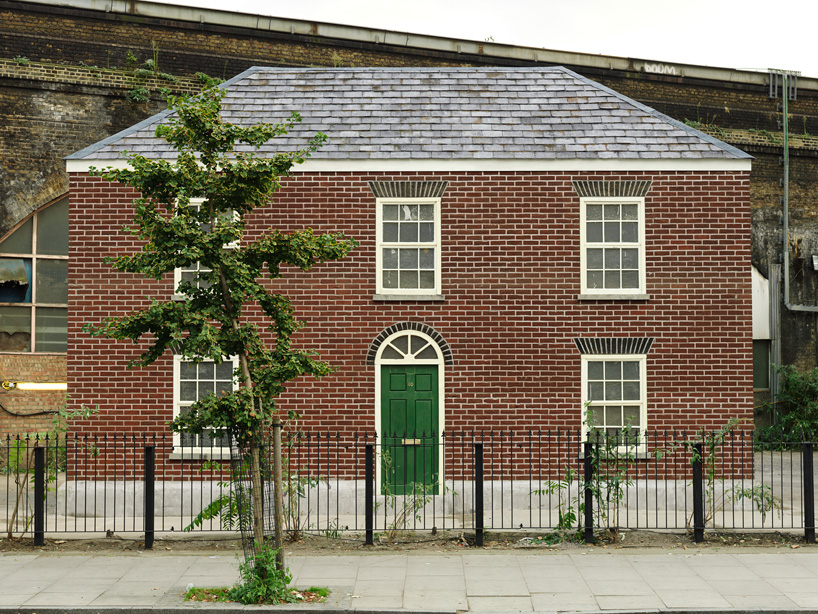
Something needs to be repaired or updated in your home. Instead of hiring a contractor to take care of the issue for you, you decide to do it yourself. The idea is to save hundreds if not thousands of dollars by cutting out the middleman. How bad can it be? All it takes is a few tools, supplies, and a basic understanding of how to complete home improvement jobs, and you’re good to go. That is until something goes wrong.
Many homeowners overlook the complex processes of enhancing a property’s structural and systematic integrity. Though it may appear as simple as following a guide or instructional video, getting quality results is more involved. If you attempt to complete specific projects independently, there’s a possibility that problems will arise. Below is a look at some of the things DIYers wish they knew before making home improvements.
It’s Expensive
Saving money on labor costs for a home improvement contractor seems enticing, but it doesn’t always turn out that way. Homeowners that complete repairs and renovations themselves learn this very quickly. Sometimes, the cost of paying for tools, equipment, and supplies is more than a contractor’s fee. There’s also the fact that you could create more significant issues that cost even more to fix if something goes wrong.
Contractors already have the expensive tools and equipment necessary to complete a project. They also have a network of vendors that enable them to get supplies and materials at a discount. Finally, if a contractor damages your property or makes a mistake that leads to more significant problems, it’s their responsibility to foot the bill.
It’s Complicated
Working on a repair or renovation seems simple when reading instructions or watching a video, but it’s often a lot more complicated. Some homeowners start a project and bump into something they don’t know how to resolve. They ultimately complete the task inefficiently or fail to finish the job at all. Consequently, they end up having to hire a contractor after already investing time, money, and energy into attempting to do it themselves.
When you hire a contractor to complete home renovations, you avoid wasting time and money. They have the educational background, professional training, and experience to ensure that projects are completed accurately. That way, you don’t end up with sub-par results that cause problems down the road.
It’s Dangerous
When you don’t have the right tools and experience to complete a home improvement project, it can result in disaster. Take electrical work, for instance. Trying to install a ceiling fan, lights, electrical sockets, and other common updates without taking the necessary precautions can lead to electrocution or a house fire.
Why risk injuring yourself or damaging your property when you can simply search for an electrician near me to take care of the task for you? Their knowledge of residential electrical systems and worksite safety reduces the possibility of someone getting hurt.
It’s Regulated
It’s not uncommon to assume that you can do anything with your property, but that’s not 100% accurate. Each city and state has regulations as it pertains to building codes. Homeowners must comply with these rules when making repairs and updates to their property. If you fail to meet these minimum guidelines, you could face significant fines. There’s also the possibility that your homeowner’s insurance won’t cover any damages related to DIY projects that don’t align with building regulations.
Many home renovations require a permit and the green light from a local inspector before being approved. Contractors are aware of the necessary steps to ensure that any work they complete complies with local building codes. If the inspector does find an issue, the contractor (instead of the homeowner) is liable for making changes, saving you time and money.
Owning a home isn’t cheap. Ultimately, when you can find ways to reduce those costs, you want to take advantage. Be that as it may, this practice isn’t ideal for home repairs and renovations. If you don’t have the education, training, experience, tools, and equipment to complete the project efficiently, you open the doors for risks that far outweigh the costs of hiring a contractor. So, before you start that home renovation yourself, consider the information above to determine whether it’s the best option.



